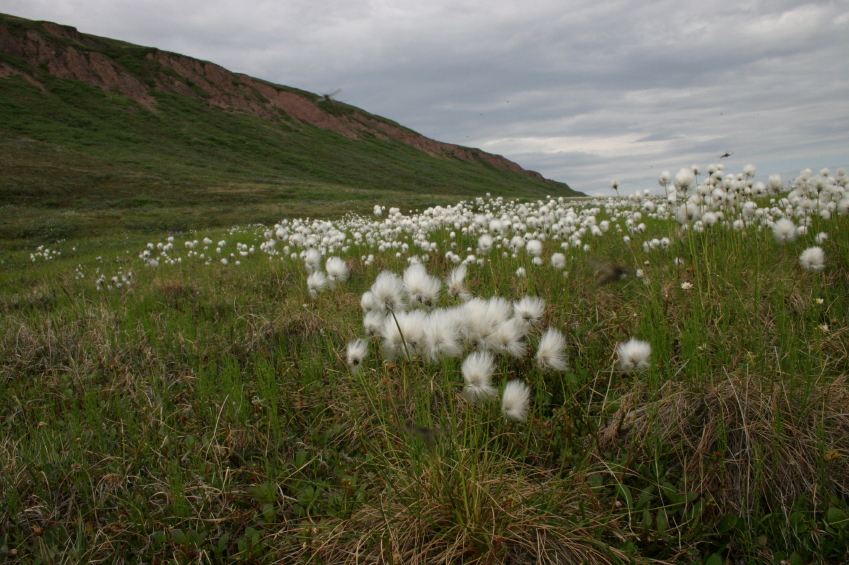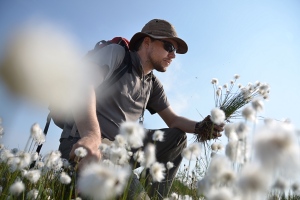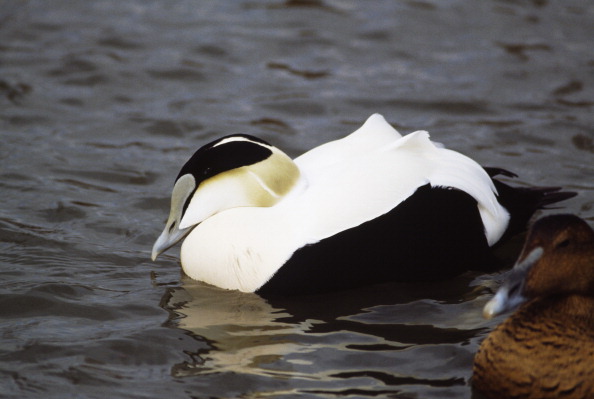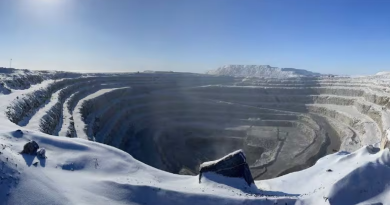Researchers return to Canada’s Arctic to study flora, ducks

A pair of botanists that have spent four years documenting local plant life in Nunavut are back in the territory to collect plant specimens in and around the hamlet of Cape Dorset and along southern Baffin Island.
Jeff Saarela estimates that over 75 percent of the Arctic’s land mass remains unexplored. He and Roger Bull have set out to create a catalogue of all the different species that populate the Canadian Arctic.
Although some collections already exist, they date back to the 1920s and 1930s and some information they provide is not be complete.

The exercise is not just about creating a good record of local biodiversity. It will likely serve scientists in the future looking to understand the effects of climate change.
Saarela told CBC News, “There are models that have been produced based on various climate parameters that show if the climate warms up 5 to 7 degrees by the end of the century, the tree line, for example, could potentially move substantially downward.
The researchers will only spend a few days in the area of Cape Dorset before meeting up with a team from the National Wildlife Research Centre that has been studying eider colonies for two decades.

Together, they will explore some 30 islands in Hudson Strait over three weeks.
While the one group continues learning more about the waterfowl, Saarela and Bull will conduct surveys of the sea duck’s habitat and the islands.
The plants they bring back from the North will be added the the National Herbarium of Canada’s collection of more than 100 000 other Arctic specimens, at the Canadian Museum of Nature.
With files from CBC News.
Related stories from around the North:
Canada: Mushroom rush in Yukon, Canada, Radio Canada International
Finland: Cool rainy June good for Finland’s mushroom hunters, Yle News
Greenland: Researchers must be honest with Arctic peoples about food contaminants: doctor, Eye on the Arctic
Sweden: Sweden’s climate-friendly food advice project scrapped, Radio Sweden
United States: Rising mercury levels leave their mark on yellow-billed loons, study says, Alaska Dispatch News



